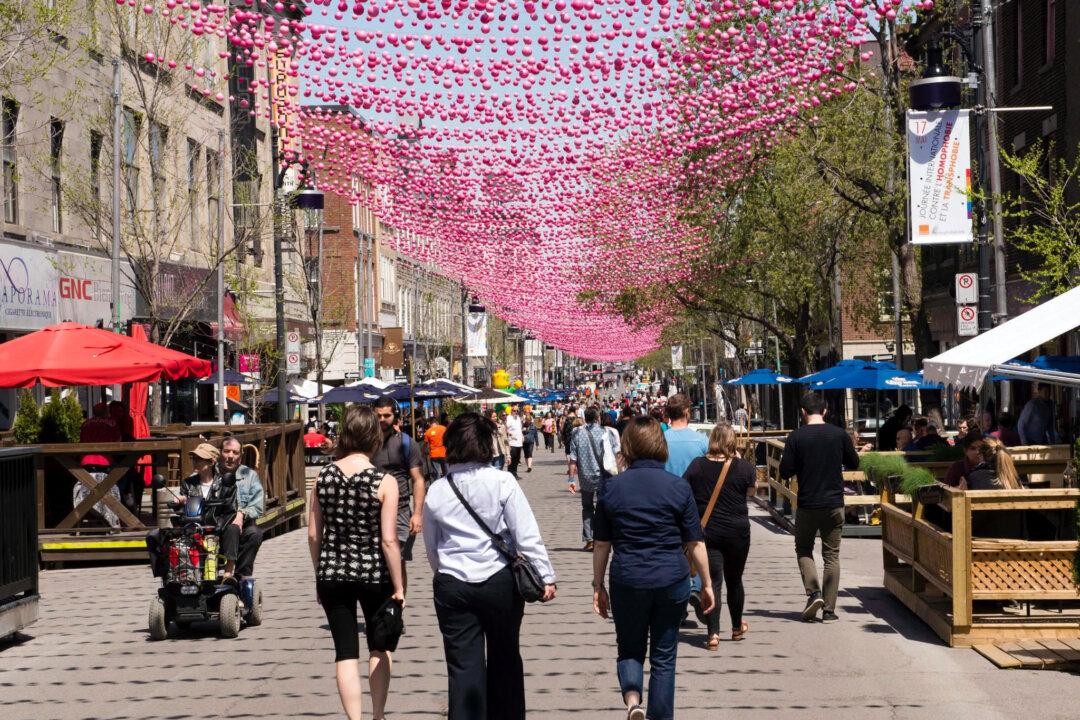Julia Dougall-Picard swings into action when customers settle in for lunch at Frite Alors in Montreal’s downtown Quartier Latin neighbourhood.
The 20-year-old works as a server at the popular restaurant chain, dishing out burgers and beers several times a week.





